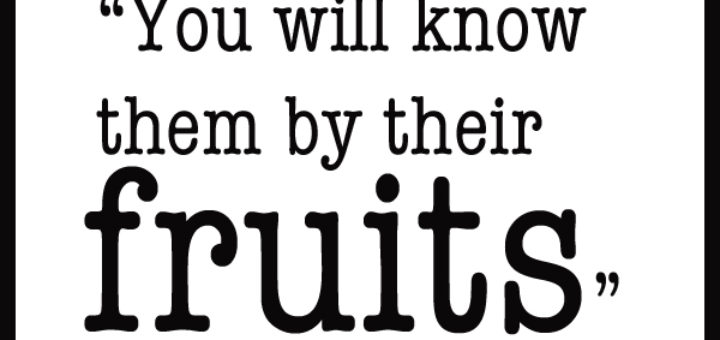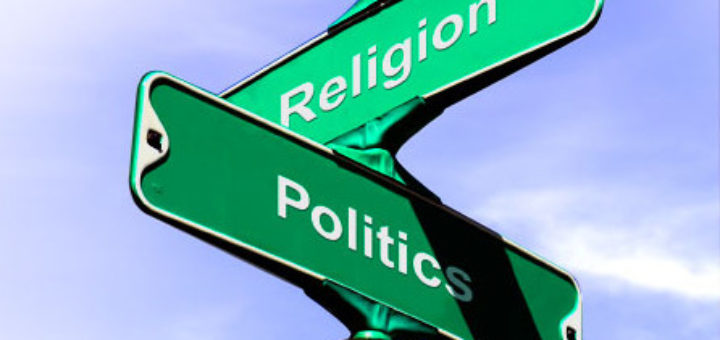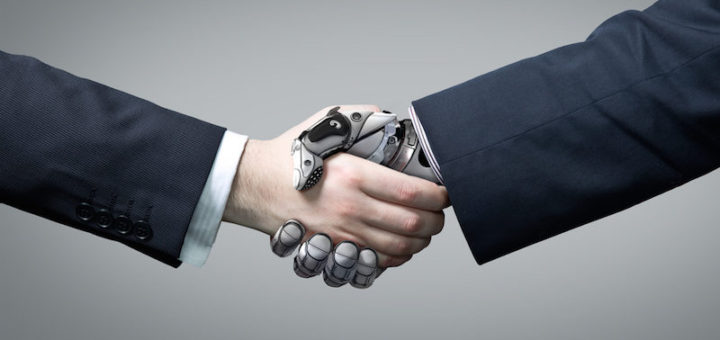Never take notice of what people are saying until they have said, “BUT!” The “but” can change everything.
I liked the article that Benjamin Sledge wrote on “The Irrelevance of Christianity”. I even wish I had written it. I agree that we Jesus Followers should not be imposing our laws and values on others. We belong to another kingdom, and hold passports of another country. So we observe the laws, values and culture of that regime as top priority. BUT, Jesus did say he was putting us into THIS world and not taking us out of it. So we are here! I need to engage with this world and not put myself in a corner and become part of some ghetto.
That means to engage with the politics, the voting, the speaking and – if possible – pulling down handfuls of Kingdom into this time space world and persuading people to take on board Kingdom Values. Why? Because it’s good for all of us, both the followers of Jesus and everyone else on the planet.
So, I believe in a God of Love. He is one that loves all of humanity. This means that the laws of the Kingdom of God, the values of the Kingdom of God, The Morals of the Kingdom of God, must be for our good. It must be for our benefit. By that I mean the benefit of all humanity not just those who have discovered a relationship with the God who is there.
Logically then, if I know this God of love and His values, and understand that His way is the best way to live, of course, I will want to share His love and these values, not out of a sense of superiority, or one of condemning my fellow human beings, but because I want the best for the lives’ of others as well as my own. After all God does not make the sun to shine just on His followers, we all benefit from His goodness.
Now! That does not mean that, as Benjamin Sledge says, I hammer you with a book that you never read (i.e. The Bible). Looking at the history of Paul he did not do that. Of course, in His day he did not have the New Testament part of the Bible, he was still writing most of it.
What Paul did is very interesting. He wants good things for people. He wants people to get related to Jesus, the “risen from the dead” One. But he does not start there. In other words, what we might say is, he does not quote Bible to them, but rather he starts where people are. We should not – really – do anything else. So he starts on Mars Hill in Athens with that rather strange phrase, “Oh! I see you have an altar to the unknown God.” I know the unknown God. Let me introduce you to Him.
Paul does not quote the Bible to them. No! Not even the Old Testament Bible. Rather, he quotes their own poets and draws them from there to a better value system, a better way, a knowing of the unknown God.
It would have been quite difficult for Paul to get involved in the politics of Rome. It wasn’t a democracy. Although he gently tried at one point of time when he says in one of his trials before King Agrippa; “I know I am chained up, but what I have is still the best. Apart from these chains, I would want you all to have what I have got”.
Sure, people thought he was mad, but maybe what he had was so good that he wanted others to have that kind of life quality.
We live in a democracy. I am a follower of Jesus. I know that the value system that He gives, when applied gives a better life. Not always easy. Not always nice. Not always happy, but with a source of Joy and purpose. I guess I want to share that.
Surely I know that Morals can come from other sources. The Atheists are always telling me that. But what sort of morals? What sort of values? Are they the values of generosity? Of loving your enemies? Of doing good to those who are bad to you?
Lots would like me to be quiet and to keep my values to myself.
But I care too much for the well-being of others to do that.
AH
Edited KL
W. 724
adrianhawkes.blogspot.co.uk









